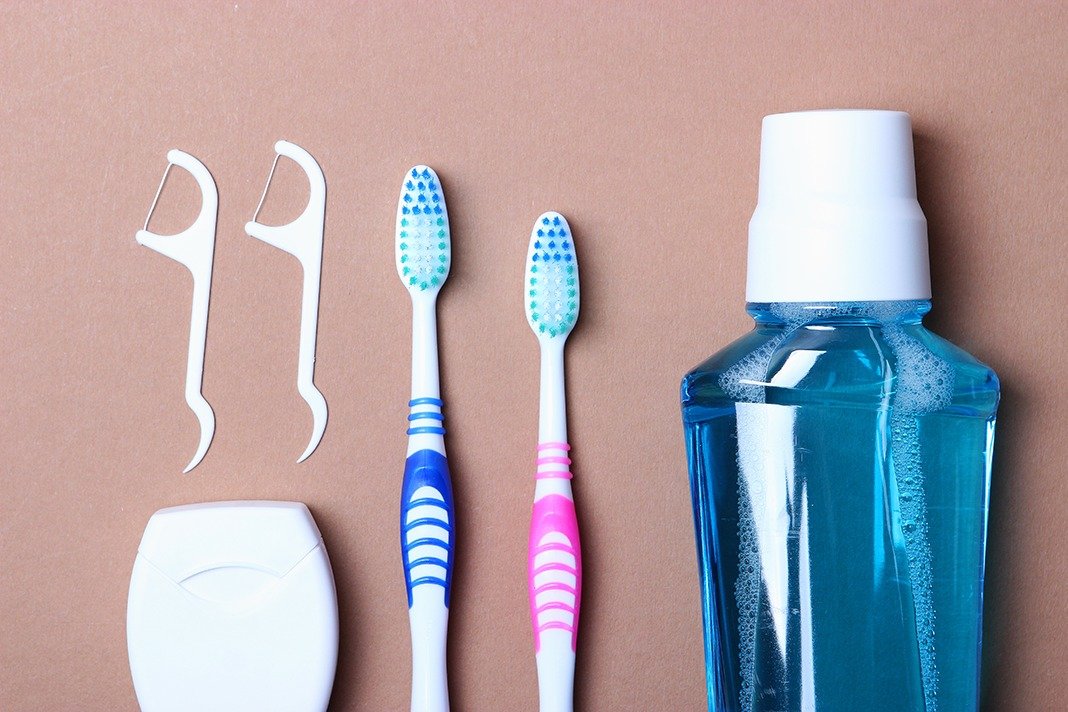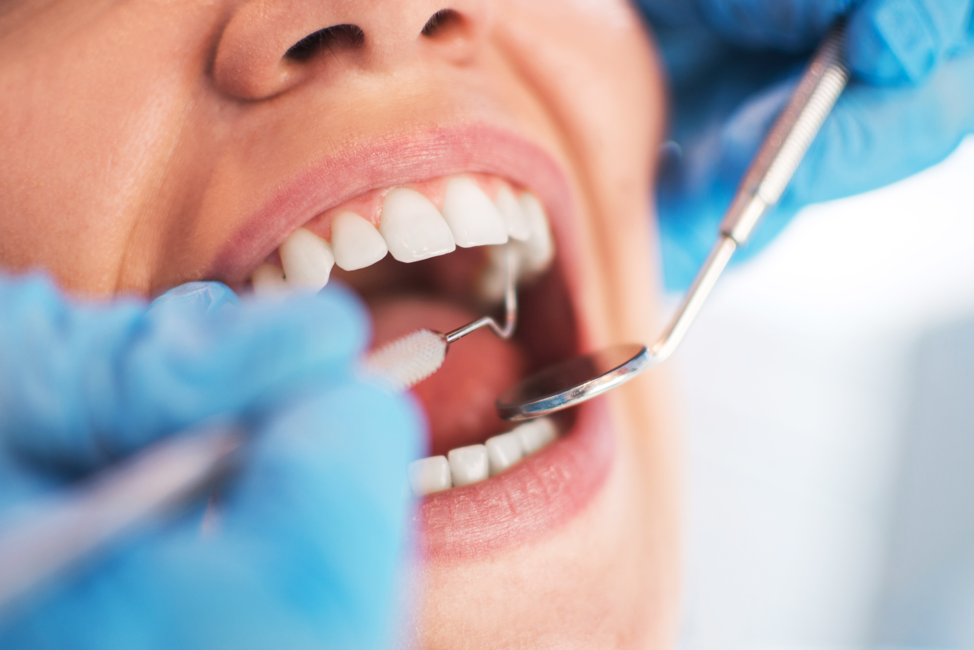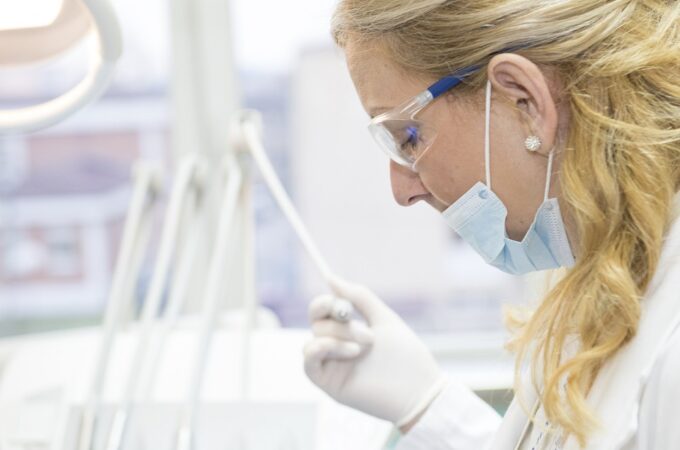
Dental Hygiene Survey Reveals 36% of 35-44-Year-Olds Do Not Use Mouthwash
Mouthwash is a liquid product used to rinse your teeth, gums, and mouth. It usually contains an antiseptic that fights harmful bacteria that live between your teeth and your tongue.
Although daily tooth brushing is a self-regulating technique for plaque removal, a supplement such as mouthwash is much needed. This is because toothbrushes cannot clean every unseen corner between your teeth.
These unseen corners, also known as interdental areas, are a breeding place for plaque accumulation, which increases the risk of developing dental diseases.
Furthermore, a recent UK survey found that 36% of 35-44-year-olds in the UK don’t use mouthwash. Mouthwashes have good penetrating abilities and can offer a significant number of benefits and should be used more often by people to combat oral hygiene issues.
Here are some key points below about how to use mouthwash.
- Brush & Floss First
Mouthwash helps contribute to a clean mouth. If you thoroughly brush and floss your teeth, the mouthwash will rinse makes all the bacteria and little particles that are stuck between your teeth.
If you’re brushing with fluoride toothpaste, wait a while before using mouthwash. Rinsing your mouth immediately can wash away the concentrated fluoride in the toothpaste.
- Mouthwash Quantity
Ensure you read the product instructions before you use any mouthwash. Most oral rinses come with a measuring cup, which is typically between 3 to 5 teaspoons. However, you might have to dilute some oral rinses because of their concentrations.
Do not dilute a product, except you are asked to do so. This might reduce the benefits or potency of the mouthwash.
- Application
Once you empty the cup into your mouth, carefully swish the content around. Avoid swallowing it as ingestion will make it ineffective and cause stomach upset. You can gargle for about 30 seconds while rinsing your mouth.
To stick to this time frame, you can use a clock to get the correct time that will leave your teeth in a clean state.
Again, the application of your mouthwash may differ from another type. Just ensure you use it accurately.

- Spit It Out
You may not get the whole content of your mouth rinsed into the sink, but ensure you spit out most of it. Also, children who use mouthwash must be placed under thorough supervision to ensure they don’t swallow it.
- Be Patient
Oral rinses need some time to work and to enjoy the benefits, you must avoid putting anything in your mouth for at least 30 minutes.
Eating or drinking right after a mouth rinse can away the fluoride and make your mouth more acidic. You get to spit out most of the mouth rinse liquid when there’s no activity in your mouth.
Important aspects to consider
Some mouthwash products can cause sensitivity issues for the gums. If you are someone who has a sensitive mouth, consider using an alcohol-free product as part of the oral hygiene care routine. Natural mouthwashes can contain key ingredients, such as chamomile and aloe vera, for a calming effect.
Conclusion
In conclusion, mouthwash is an essential part of dental care that can not be substituted for tooth brushing.
An effective mouthwash can not only help clean your mouth fresh, but it will also help eradicate the build-up of plaque from accumulating across all your teeth.
Hive Business, a dental accountants organisation based in Cornwall, provided the UK survey results.




